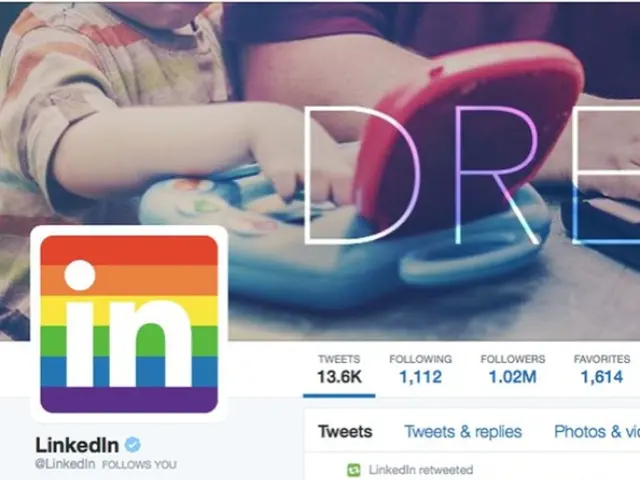Forward-Looking Enterprises: These Corporations Show Promising Prospects - Forward-looking businesses: these truly excel
In a collaborative effort with Embrace, the editorial team of Der Stern has conceptualized a comprehensive study to determine the most forward-thinking companies in the realm of work. The focus of the study was on the companies themselves, not their products or services, aiming to foster a more adaptable and productive work environment.
The study, divided into five areas - "Mobile Work", "Design of Working Hours", "Structural Organization", "Empowerment (Empowerment of Employees)", and "Digitalization & Innovation" - assessed the companies' approaches to remote work, work-life balance, organizational structure, employee autonomy, and digital transformation.
The results were converted to a scale of one to five points for each dimension, with 168 companies that achieved four or five stars set to be published, categorized by the size of their workforce (up to 500 employees, between 500 and 2500 employees, and more than 2500 employees).
One of the key findings was that home office has become more structured, with supervisors often demanding more presence, yet many employees feel like they're just hamsters on a wheel, not given enough opportunity to think. This has led to a concern that the price of productivity gains from digitization is an intensification of work processes.
To address this issue, the study recommends several strategies. CEOs should reframe control as outcome-focused rather than process-focused, giving employees clear goals but flexibility in how to achieve them. Leadership behaviours that model embracing change, such as tolerance for risk-taking and supportive communication, are also crucial.
Improved communication and training around change initiatives, effective delegation, breaking isolation, and fostering ongoing dialogue during change are other essential strategies. The ultimate goal is for CEOs to move from control anxiety towards empowering leadership styles that combine trust with clear expectations and active, transparent communication.
Interestingly, the claim that innovation only works on-site is not empirically proven. Bosses who let people do their job, use their talents, and give them responsibility will find that their teams deliver.
The concept of "New Work" is about freedom, self-responsibility, and participation, but some companies misuse it. Office workers often experience digitization as an increase in meetings, leading to less time for actual work. Breaks are important during digital meetings, but many unnecessary meetings waste time.
The awarded companies have the opportunity to purchase a seal for their external presentation, symbolizing their commitment to fostering a modern, adaptable, and productive work environment. Der Stern works only with study partners of high expertise, and the neutrality of data collection and analysis is guaranteed.
In conclusion, the study underscores the importance of empowering employees, fostering flexibility, and adopting modern work concepts to create a more productive and fulfilling work environment. By implementing these strategies, companies can not only improve their own operations but also contribute to a broader cultural shift in the way we work.







